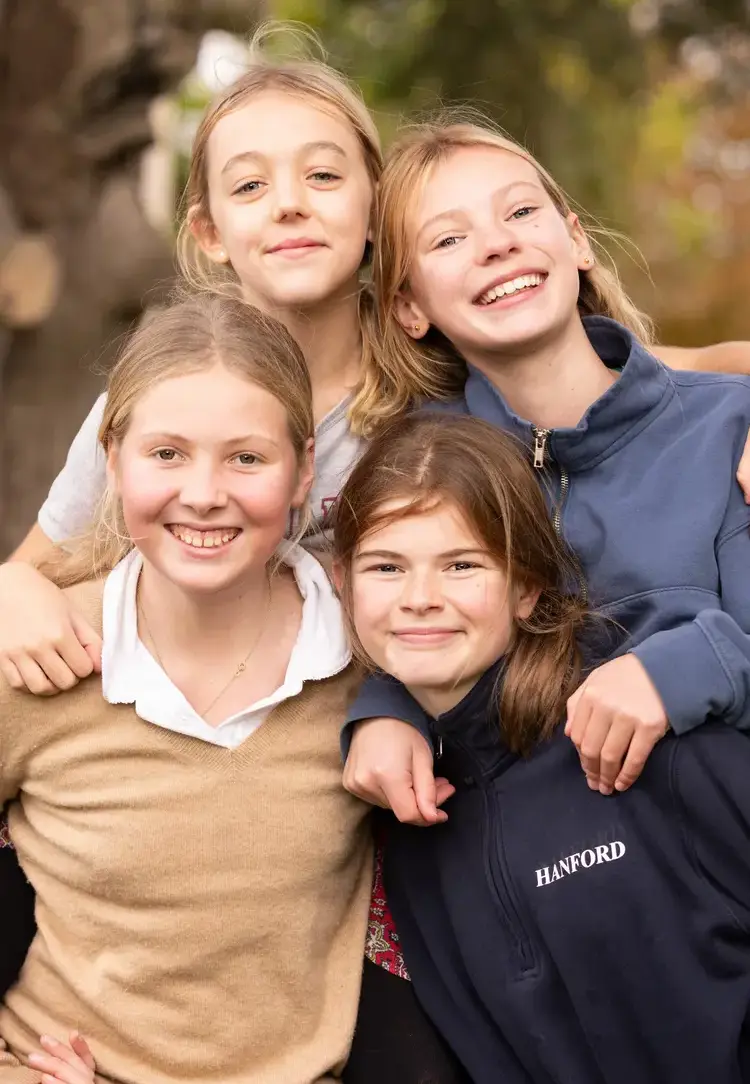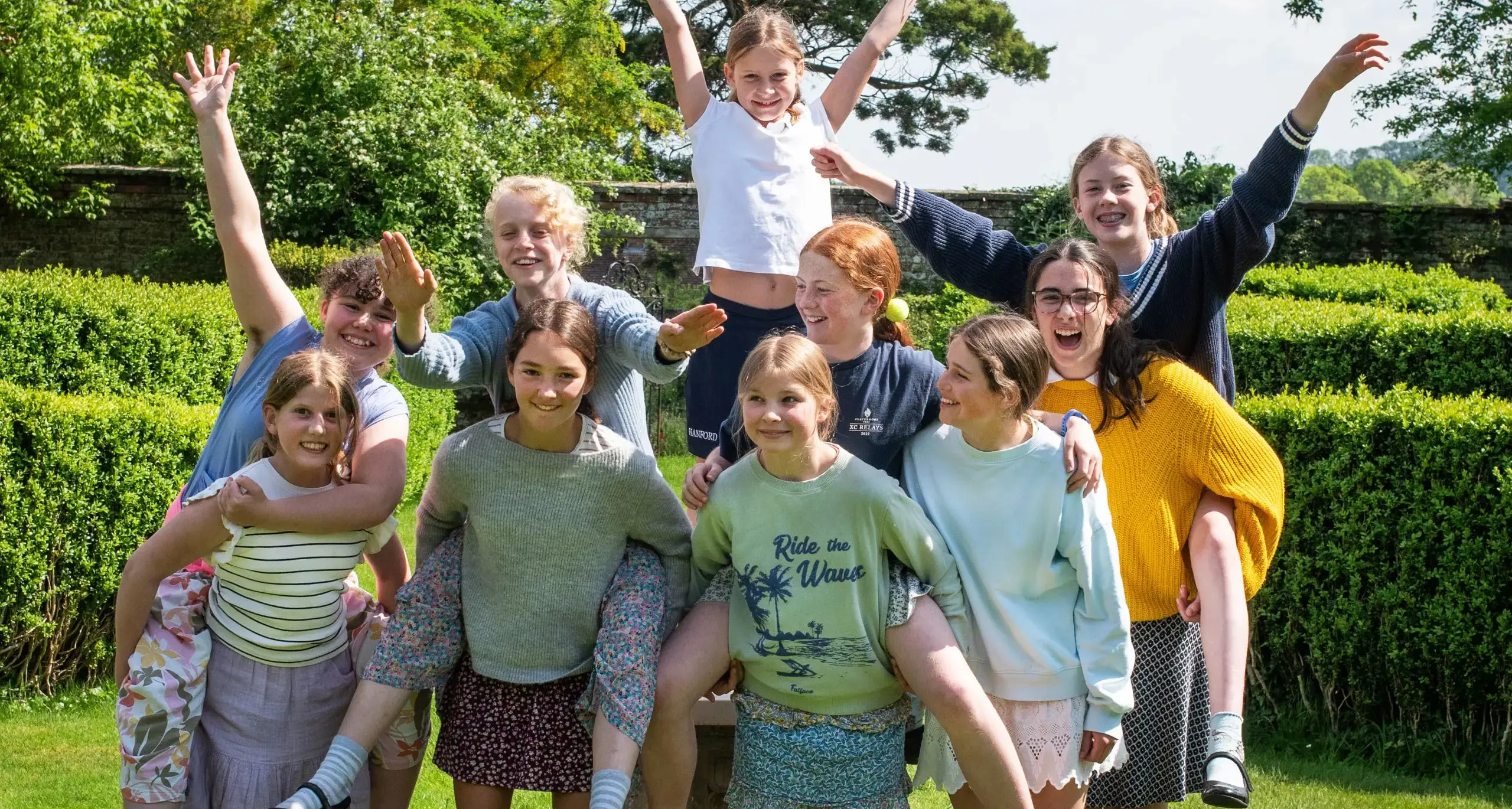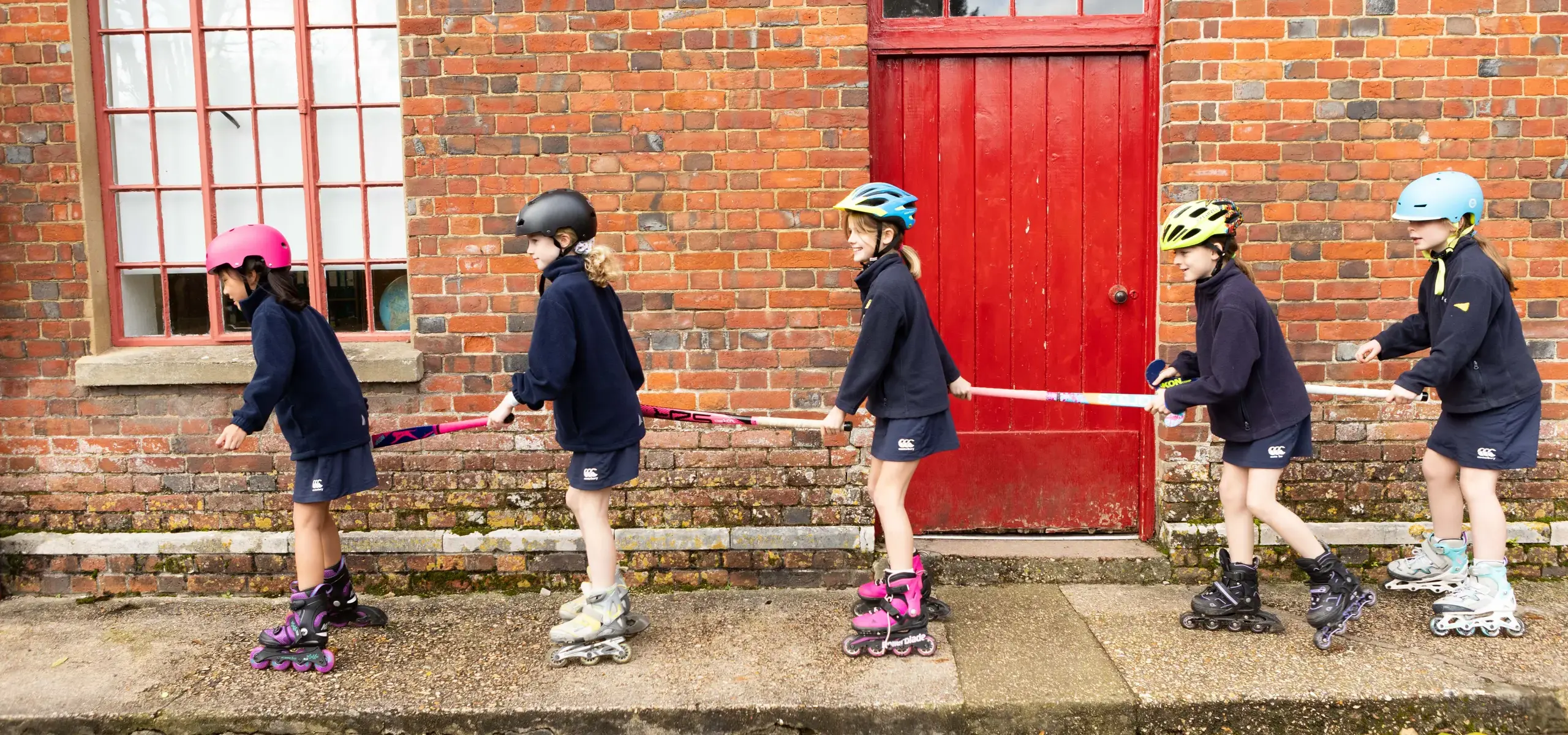The Play’s the Thing
I imagine that most junior schools throughout the country are busy with the end of term madness.
The summer holidays beckon tantalisingly, but first there’s the whole school production to get through. Lesson time is snatched for rehearsals, the curriculum lies by the wayside, with induction days at senior schools there’s never the whole cast at any run through and there’s a feeling of impending doom-“We’ll never be ready in time!”.
Somehow though, mostly through sheer grit and hard work on the part of everyone involved, it all comes off.
Perhaps, if you have children, you bought them a device of some kind for Christmas? I bought my youngest a new phone after she was mugged by someone on a scooter in London.
As a young adult it’s put her off moving to the capital for a bit and for that I am strangely grateful to the thief, but in all other ways it has been hugely frustrating.
I realise how much I rely on being able to send her a message, know that she will be able to call me if there’s a problem, ask her to put together a video clip for me, (she’s great at helping with the school’s social media), transfer her money if she has done some shopping for me and a hundred other things.
School plays are pretty slick productions nowadays. Many senior schools can rival local theatres with their facilities and children are used to rehearsing with lights, sound and impressive scenery. Lots of junior schools have access to these facilities and the pressure is then on to come up with a brilliant performance.
This makes for an amazing show and experience for many of the children involved, but I personally think that we lose much of the magic by focussing on such a professional end product.
At Hanford, with our age range of 7-13, the process of the play is far more important than the play. In fact, the play is not the thing.
The learning to work together, the patience of waiting for your moment, the understanding of how a smaller part contributes to the greater whole, the ability to make a mistake but persevere and carry the moment, the ability to step back when your moment is over and give ground gracefully, the art of peripheral vision and the appreciation of the communal pause are far more the thing.
I have nothing against a professional looking show and appreciate one as much as the next person, but that is not our aim with a school production. It’s a learning process and if we focus too much on a snazzy end product, those children who are out of their comfort zone will feel a huge amount of unproductive pressure. We don’t all thrive on stage, but it is important to understand how it makes us feel and how to cope with that. A school play is called a play for a reason - we are playing!
Play is underrated nowadays and often, if our children do have time to play, it is via the medium of a screen.
Play is often talked about as if it were a break from learning, but play is the work a child does - play is in fact, serious learning. As Plato said “ Do not keep children to their studies by compulsion, but by play.”
It’s a form of very high-level research done in real time.
There’s an openness when children are playing. Anything may happen and therein lies much of the joy.
Whatever does happen, it’s ok. This can be a tricky concept for adults to handle. Many is the time I have heard a parent explaining to a child who is engrossed with a toy or having fun on play equipment “That’s not how you do it, it works like this”. As tempting as it might be to step in, play should be a self-directed experience. Let children be creative. Let them explore, get it wrong and, dare I say, break the toy or possibly themselves (within reason of course - discovery learning can be taken too far, no trips to A&E please!). Seriously though, we are going to need creative mindsets more and more in the future so let’s encourage our children to develop that skill early. Children learn whilst living and any part of living that is enjoyable is also play.
Let’s not neglect this in our children, nor eradicate play from our adult lives.







